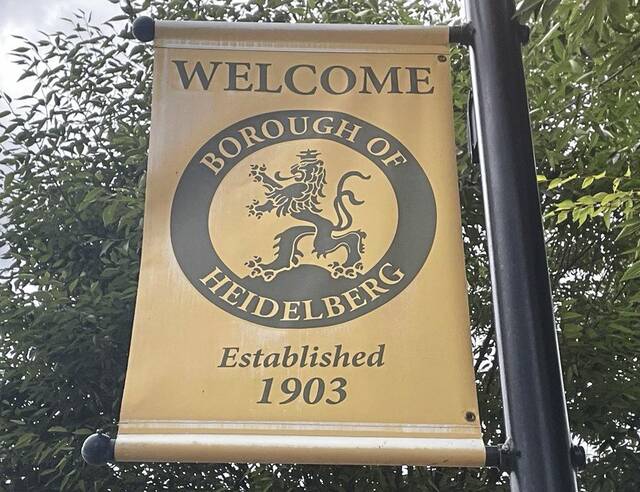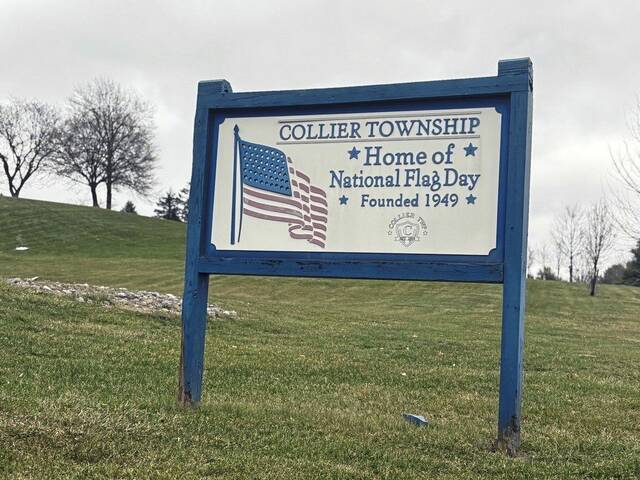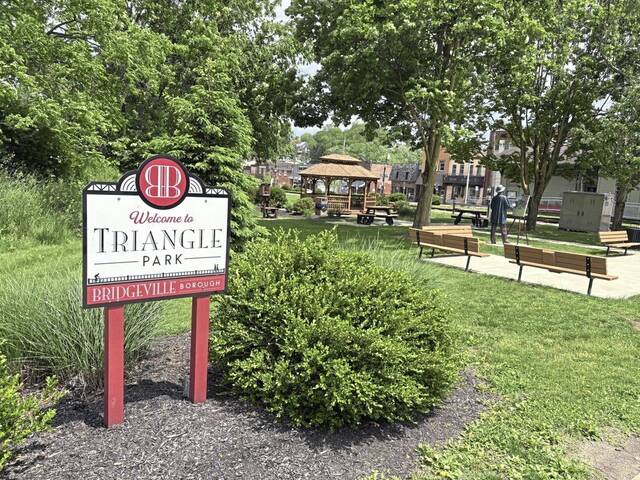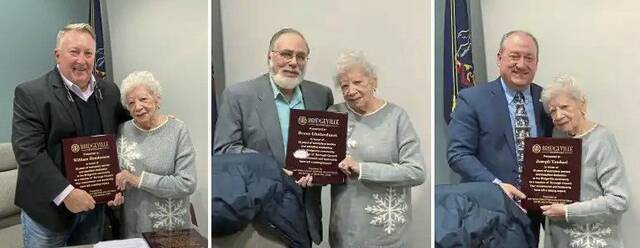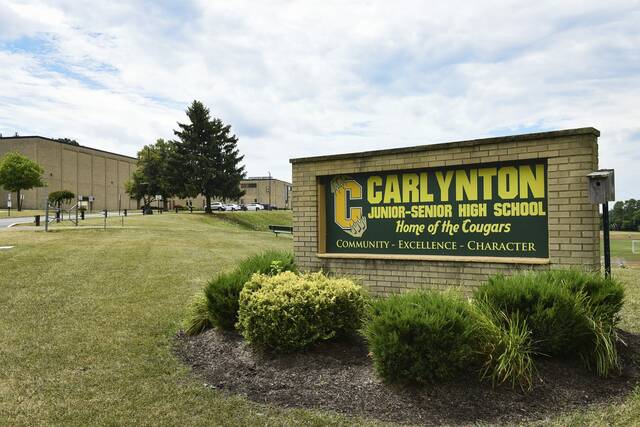St. Philip Catholic School in Crafton is scheduled to close as part of a merger, but a group of parents is determined to reverse Bishop David Zubik’s decision.
The Diocese of Pittsburgh announced in February the school would merge with St. Margaret of Scotland School in Green Tree and that the change would become effective at the start of the 2021-22 academic year. The St. Margaret site would host St. Philip school.
The Committee to Save St. Philip School, a group of around 10 to 12 parents and alumni, formally appealed Zubik’s decision on Feb. 22 and has been drumming up support through an online petition and in-person “mandate” signings, which, according to canon (church) law, are needed in order to proceed with the appeal through a procurator and an attorney.
Shortly after the appeal, the Rev. Thomas Kunz, associate general secretary/vicar for canonical services in the Catholic Diocese of Pittsburgh, said in a statement that the closure of a school is “somewhat unique in that there is no canonical process involved.”
Instead, “a thorough process involving many people over many months was followed in making this difficult recommendation to Bishop David Zubik,” he said. “We ask people to consider using their energy to come together with us to build a newly merged school that offers the strongest Catholic education possible and promotes the good news of the Gospel.”
The Committee to Save St. Philip School said no one in the group was ever involved.
“There was utterly no mechanism for the exchange of information from or to our broader St. Philip School community,” a spokesperson for the group said in an email. “We received no updates and were given no opportunities for open forums or direct communication.”
In a news release, the Committee to Save St. Philip School said Kunz’ statement was “disappointing and misleading — but sadly, unsurprising.”
“If the Diocese believes its decision was legal and valid, it should tell us why and give us its reasons,” reads the statement. “We — including all the faithful in this Diocese, whose own schools and parishes no doubt will be targets for closure soon enough — surely deserve that much. Instead, the Diocese suggests that the scores of faithful exercising their canonical legal rights to save a more-than-century-old, bedrock Catholic institution in our community are somehow misusing their ‘energy.’ ”
The statement also refuted Kunz’ claim that there is no canonical process involved in closing a Catholic school.
“As the diocese well knows, fundamental elements of canon law establish the process that must be — but wasn’t — followed here,” the committee’s statement reads.
Colin Wrabley, a spokesman for the Committee to Save St. Philip School, said the diocese has 30 days to respond to the group’s appeal. He is serving as the group’s procurator, an agent who represents the group in the canonical appeal process.
Although Wrabley works as an attorney in Pittsburgh, he does not serve as the group’s legal counsel. That role belongs to Philip Gray, president and canon lawyer for the Ohio-based St. Joseph Foundation, a lay group that takes on legal issues in Catholic canon law.
Gray was not immediately available to comment.
Wrabley said if the diocese does not respond to the appeal within 30 days, the appeal is considered a “deemed denial” and moves on to higher tribunals from there before possibly reaching the Apostolic Signatura, the Catholic Church’s version of the U.S. Supreme Court.
In an emailed statement, a spokesman for the Diocese of Pittsburgh acknowledged the group’s appeal and said it will respond to those who filed it.
“Sadly, this is not the first time that we have seen emotional reaction to a decision to merge schools in the Diocese of Pittsburgh,” read the statement. “We understand and share in the sadness that comes with the realization that change is required to create sustainable, accessible and affordable Catholic education for children in our diocese. Again, we invite the families and parishioners involved to work with us to carry out that mission.”
The spokesman said the diocese stands by Kunz’ previous statement and declined further comment.



